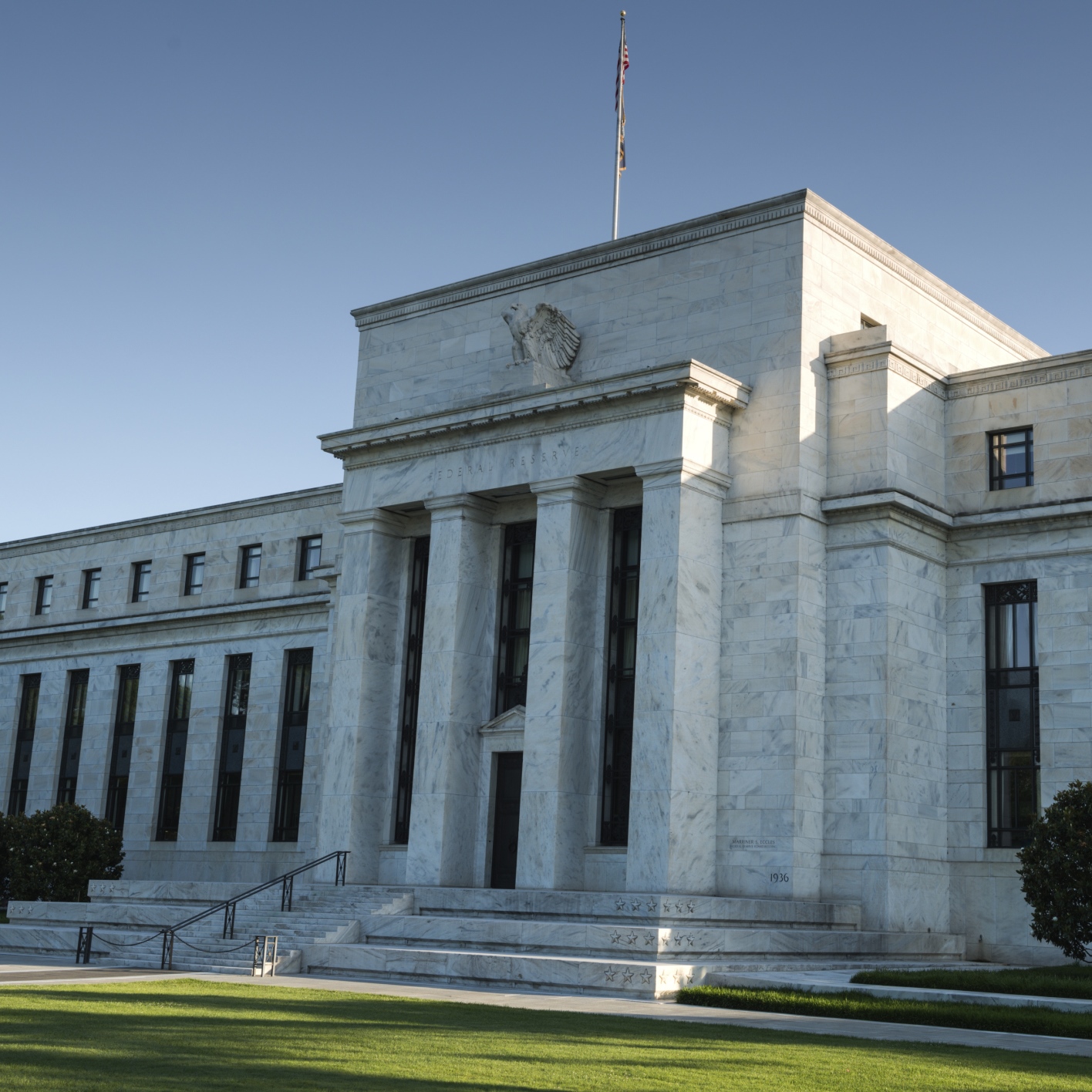Banking, finance, and taxes
No, You Can't Have a Personal Account at the Federal Reserve Bank

Published:
Last Updated:

While the ways of the U.S. Federal Reserve Bank may be shrouded in arcane details about interest rates, inflation and monetary policy, one thing is absolutely clear: individuals cannot establish an account at the Fed. If you see a web promotion or get a call explaining how you can set up a “secret” account at the Federal Reserve to pay your bills, you are being scammed.
The Federal Reserve provides services only to other banks, not to individuals. Not ever. Period.
According to a press release Thursday from the Federal Trade Commission (FTC), the scammers may ask for personal information like Social Security numbers or even your banking information in order to set you up with an account at the Fed. The scammer may describe the account as a “secret account,” or a “Social Security trust account” and give you a bank routing number for the Federal Reserve. That routing number directs your payment to the scammer’s own bank account.
The only secret — and it’s a short-lived one — is what happens if you provide the requested information:
[W]hat happens if you try to use this “secret” account? Well, the Federal Reserve Bank will deny the payment, since you don’t really have an account there. Once the payment is rejected, you’ll be notified that you still owe the money – which is about when you might figure out that this was a scam. At that point, you may owe a late fee or penalty to the company you thought you were paying. You also may owe fees to your bank for returned or rejected payments.
The Federal Reserve Bank of Atlanta warned consumers of this scam back in July:
It is important for consumers to know that when making online or e-check bill payments, they cannot use Federal Reserve routing numbers. Federal Reserve routing numbers are used for sorting and processing payments between banks. Any video, text, email, phone call, flyer, or website that describes how to pay bills using a Federal Reserve Bank routing number or using an account at the Federal Reserve Bank is a scam.
It couldn’t be any clearer than that. Just a word to the wise.
Thank you for reading! Have some feedback for us?
Contact the 24/7 Wall St. editorial team.